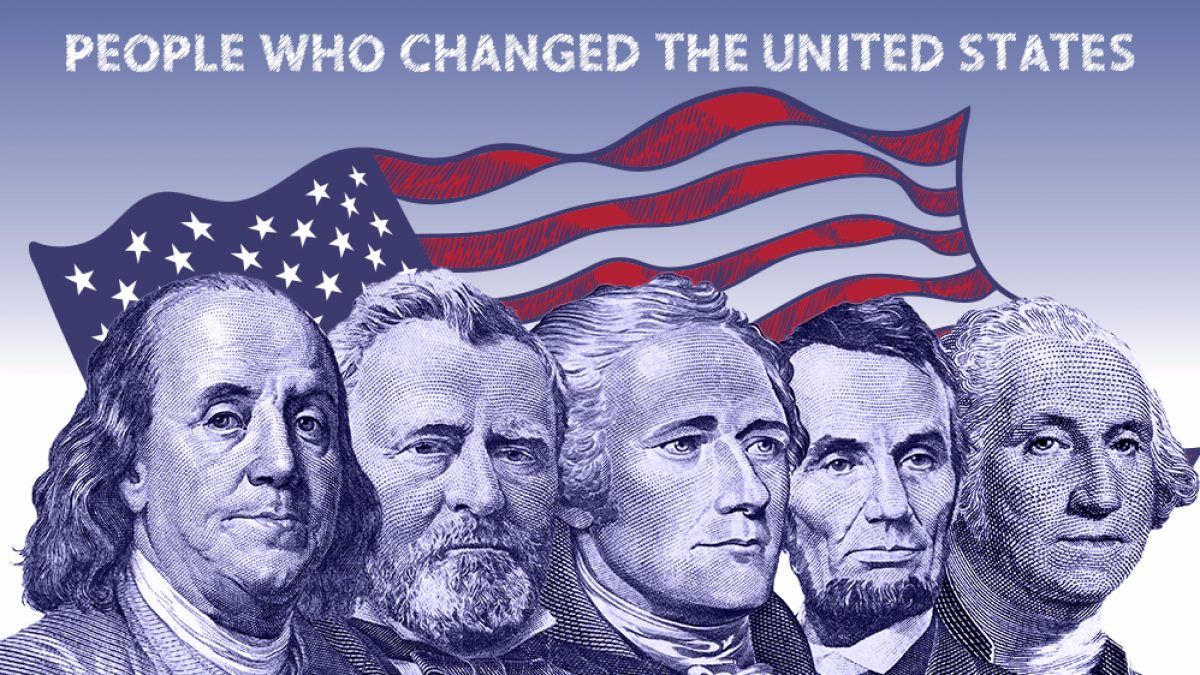Throughout American history, specific individuals have stood out for their bravery, leadership, and unwavering commitment to justice and freedom. These American heroes have not only shaped the course of the nation’s history but have also inspired countless generations to strive for a better, more just society. This article highlights the lives and achievements of ten such individuals, each of whom has left an indelible mark on the United States.
1. George Washington (1732-1799)
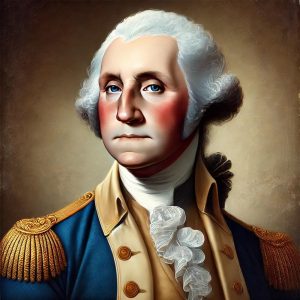
George Washington is often referred to as the “Father of His Country” for his crucial role in the founding of the United States. Born in 1732, Washington was the commander-in-chief of the Continental Army during the American Revolutionary War, leading the colonies to victory against Great Britain. His leadership didn’t end with the war; Washington went on to become the first President of the United States, where he set many of the precedents that still guide the nation’s highest office today.
Key Achievements:
- Led the Continental Army to victory in the Revolutionary War.
- Presided over the Constitutional Convention in 1787.
- Served two terms as the first President of the United States.
2. Abraham Lincoln (1809-1865)
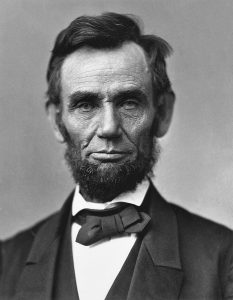
Abraham Lincoln, the 16th President of the United States, is best remembered for his leadership during the Civil War and his efforts to end slavery. Born in 1809, Lincoln’s Emancipation Proclamation in 1863 declared the freedom of all slaves in Confederate-held territory, a pivotal moment in American history. His Gettysburg Address, delivered during the war, remains one of the most profound statements on the principles of human equality and democracy.
Key Achievements:
- Preserved the Union during the Civil War.
- Issued the Emancipation Proclamation, paving the way for the abolition of slavery.
- Delivered the Gettysburg Address.
3. Harriet Tubman (c. 1822-1913)
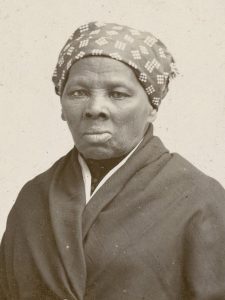
Harriet Tubman was an escaped slave who became a leading abolitionist and a key figure in the Underground Railroad—a network of safe houses used to help enslaved people escape to free states and Canada. Born around 1822, Tubman personally led many slaves to freedom and was known for her courage and resourcefulness. During the Civil War, she also served as a spy, scout, and nurse for the Union Army.
Key Achievements:
- Led numerous slaves to freedom through the Underground Railroad.
- Worked as a spy and nurse during the Civil War.
- Advocated for women’s suffrage after the war.
4. Martin Luther King Jr. (1929-1968)
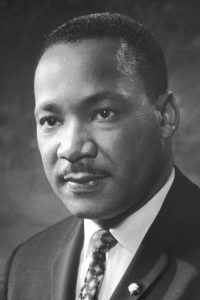
Martin Luther King Jr. was a Baptist minister and civil rights leader who played a crucial role in the American civil rights movement. Born in 1929, King advocated for nonviolent resistance to racial segregation and discrimination, leading to significant legislative and social changes. His “I Have a Dream” speech during the 1963 March on Washington remains one of the most iconic moments in the fight for civil rights.
Key Achievements:
- Led the Montgomery Bus Boycott, a pivotal event in the civil rights movement.
- Delivered the “I Have a Dream” speech advocating for racial equality.
- Played a key role in the passage of the Civil Rights Act of 1964 and the Voting Rights Act of 1965.
5. Susan B. Anthony (1820-1906)
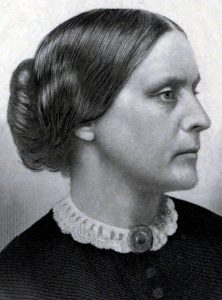
Susan B. Anthony was a pioneering leader in the women’s suffrage movement in the United States. Born in 1820, she dedicated her life to advocating for women’s rights, particularly the right to vote. Anthony co-founded the National Woman Suffrage Association and was instrumental in the eventual passage of the 19th Amendment, which granted women the right to vote in 1920, 14 years after her death.
Key Achievements:
- Co-founded the National Woman Suffrage Association.
- Campaigned tirelessly for women’s right to vote.
- Played a critical role in the eventual passage of the 19th Amendment.
6. Theodore Roosevelt (1858-1919)
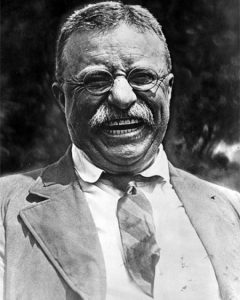
Theodore Roosevelt, the 26th President of the United States, was a driving force behind the Progressive Era. Born in 1858, Roosevelt was known for his robust foreign policy, the establishment of national parks, and his efforts to curb the power of large corporations. His “Square Deal” domestic policies focused on conservation, control of corporations, and consumer protection.
Key Achievements:
- Advocated for conservation, leading to the establishment of national parks and forests.
- Implemented the “Square Deal” to promote fairness in business and labor.
- Won the Nobel Peace Prize for mediating the Russo-Japanese War.
7. Franklin D. Roosevelt (1882-1945)
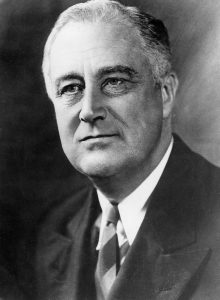
Franklin D. Roosevelt, the 32nd President of the United States, led the country through the Great Depression and World War II. Born in 1882, Roosevelt’s New Deal programs helped to alleviate the economic hardship faced by millions of Americans during the Depression. His leadership during World War II was critical to the Allied victory, and he is the only U.S. president to have served four terms in office.
Key Achievements:
- Implemented the New Deal, which included programs to aid economic recovery.
- Led the United States during World War II.
- Established Social Security as part of his New Deal reforms.
8. Rosa Parks (1913-2005)

Rosa Parks, born in 1913, is known as the “mother of the civil rights movement.” She sparked the Montgomery Bus Boycott when she refused to give up her seat to a white passenger on a segregated bus in 1955. Her act of defiance became a symbol of the struggle against racial segregation and helped to galvanize the civil rights movement.
Key Achievements:
- Refused to surrender her bus seat, igniting the Montgomery Bus Boycott.
- Became a symbol of the fight against racial segregation.
- Received numerous accolades for her role in the civil rights movement.
9. Neil Armstrong (1930-2012)

Neil Armstrong, born in 1930, was an astronaut and aeronautical engineer who made history on July 20, 1969, as the first human to walk on the moon during NASA’s Apollo 11 mission. Armstrong’s famous words, “That’s one small step for man, one giant leap for mankind,” captured the profound significance of this achievement, marking a monumental moment in the history of space exploration.
Key Achievements:
- First human to walk on the moon during the Apollo 11 mission.
- Contributed to various aerospace projects as a test pilot and engineer.
- Received the Presidential Medal of Freedom for his contributions to space exploration.
10. Frederick Douglass (c. 1818-1895)
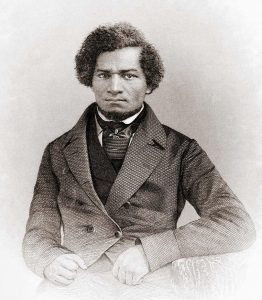
Frederick Douglass, born around 1818, was an escaped slave who became one of the most prominent abolitionists, orators, and writers in American history. Douglass used his powerful voice and pen to fight for the end of slavery and the rights of African Americans. His autobiographies, which detailed the horrors of slavery, became influential texts that galvanized the abolitionist movement.
Key Achievements:
- Became a leading voice in the abolitionist movement.
- Published influential autobiographies that highlighted the horrors of slavery.
- Advocated for civil rights and suffrage for African Americans.
These ten American heroes, through their courage, leadership, and unwavering commitment to justice, equality, and freedom, have left an indelible mark on the nation’s history. From George Washington’s leadership during the Revolutionary War to Neil Armstrong’s historic moon landing, each of these individuals has contributed to shaping the United States into the nation it is today. Their legacies continue to inspire future generations to strive for a better and more just America, reminding us that greatness is achieved not only through words but through action.

